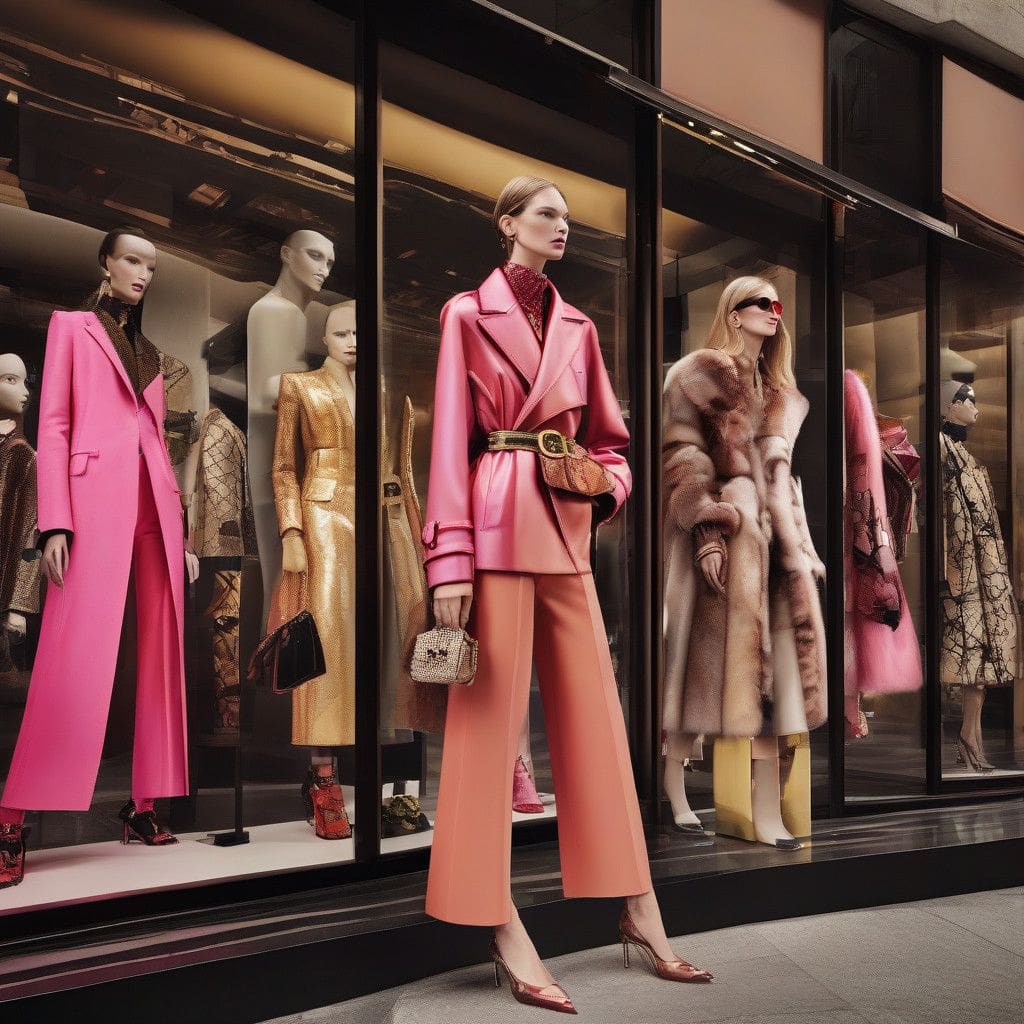Kering SA, the French fashion powerhouse known for its luxury brands including Gucci, has been dealt a significant blow as its stock plummets to a seven-year low. This steep decline can be attributed primarily to alarming reports regarding weakened demand from China, a key market for luxury goods. Analysts are now expressing concerns that the luxury sector as a whole may be on the verge of a significant downturn.
On September 9, 2024, Kering’s stock saw a pronounced drop of up to 4.3 percent, reflecting a significant market recalibration. This was reported as the largest single-day decline in nearly seven weeks. In a striking move, Barclays Plc analysts lowered their recommendation for Kering’s stock from ‘equal weight’ to ‘underweight,’ citing the pressing demand issues, particularly surrounding the Gucci brand. This bearish outlook highlights a pronounced shift in consumer behavior within the Asian market, where purchases are becoming increasingly selective.
The recent setbacks in Kering’s stock performance mirror broader economic trends within the luxury market, with Kering standing out as one of the hardest hit. Despite competitors such as LVMH and Hermès experiencing slight rebounds following last week’s market rout, Kering appears trapped in a prolonged struggle. Barclays analysts underscored that “Gucci appears particularly hard hit by the Chinese slowdown.” Consumer sentiment in China is evolving; buyers are gravitating towards brands that exhibit heightened levels of desirability and exclusivity, essentially leaving Kering’s offerings at risk of being overlooked.
Consensus forecasts among market analysts previously anticipated a modest organic growth rate of approximately 5 percent for Gucci in fiscal 2025. However, given the recent shifts in demand and consumer preferences, Barclays has flagged a significant risk of Gucci potentially remaining in the negative growth territory into the next year. This bleak outlook paints a troubling picture for the future of one of the world’s leading luxury brands.
To provide further context, Kering’s stock has faced a staggering drop of 43 percent in 2024 alone. This places the company on track for its worst annual return since the last global financial crisis, a clear indication of the current turmoil facing luxury goods manufacturers. As of the latest trading session in Paris, Kering’s shares were valued at €227.15, losing more than €1 billion in market value on the day alone. The once powerful Gucci brand is now under scrutiny following its recent change in creative leadership, which is expected to take time to show any positive impact.
Adding to the crisis, analysts at RBC Capital also cut their rating on Kering’s stock to ‘sector perform’ from ‘outperform.’ This reflects a rapid decline in investor confidence; with just six analysts maintaining buy ratings—down from 23 the previous year—there is a growing consensus among experts to adopt a wait-and-see approach. Currently, 21 analysts have hold ratings, while five classify Kering’s stock as a sell.
In the broader scope of the luxury market, Kering’s struggles represent a cautionary tale amidst a sector that was once seen as poised for growth. The luxury market was likened to Europe’s answer to the monumental tech giants of the United States, often referred to as the “Magnificent Seven.” However, the current market turmoil and Kering’s struggles illustrate that the charm of luxury brands has potential pitfalls that can result in significant financial repercussions.
As the luxury sector adapts to changing consumer behaviors and economic conditions, it begs the question: can brands like Kering and Gucci thrive in a landscape where demand is shifting and competition is fiercely targeting the elite segments of the market? The road ahead may be challenging, but history shows that adaptability could pave the way for resurgence.
The luxury market’s future remains uncertain as Kering grapples with market realities. For now, the focus shifts to strategic adjustments aimed at revitalizing the Gucci brand, while navigating the complexities of a demanding consumer base. The outcome of this endeavor will not only shape Kering’s future but may also set precedents for the entire luxury goods industry.












